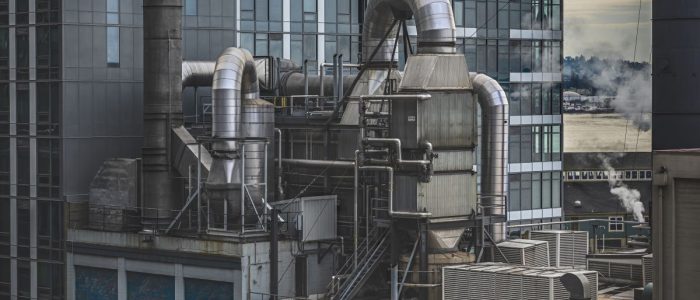Since the dawn of the industrial revolution in the eighteenth century and the development of steam engines that contributed to the development of industries in various fields, steam generation has become a basic factor in modern industries. Over time, there has been a tremendous development in the steam generation industry and steam boilers have become more advanced. This development has been accompanied by an increase in the risks resulting from operating these boilers as a result of high temperatures, operating pressures, and the number and size of boilers, which has led to the recurrence of fatal accidents in this field that have left huge human and material losses even in the most advanced countries. On the other hand, harmful emissions resulting from burning fuel used in these boilers have increased, such as carbon dioxide, nitrogen oxides, and sulfur, which are responsible for environmental pollution, climate change, and acid rain. Hence, the need for a code covering the stages of design, operation, maintenance, and management of boilers to prevent the risks resulting from operating boilers and strive to achieve the highest levels of safety in them. Among the most important and most of these codes are: The National Fire Protection Association (NFPA) has issued a code that is widely used in fire prevention and control. This workshop aims to explain the components of this code, with examples of its multiple applications in the design, operation, maintenance and management of steam boilers, with a focus on operating boilers in this context to achieve the desired objectives.

